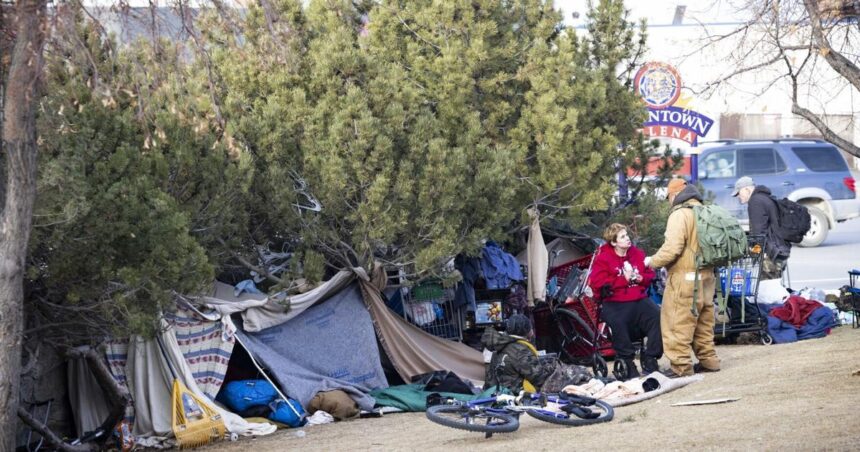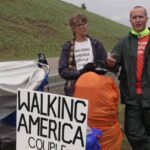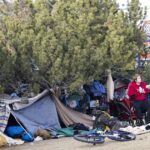The U.S. Supreme Court ruled Friday that municipalities can enforce bans on sleeping outside, a decision that is likely to reverberate throughout Montana.
The case originated out of the 9th U.S. Circuit Court of Appeals, which has jurisdiction over Montana. The 9th Circuit originally held that it is unconstitutional to penalize people with civil citations for sleeping outside when there are an inadequate number of shelter beds available in the area.
Ryan Sudbury, Missoula city attorney, called the ruling “a pretty unfettered win for the authority.”
The 6-3 ruling was along ideological lines, and the majority found that it is not a violation of the U.S. Constitution’s prohibition on cruel and unusual punishment to disallow people from sleeping outside even when there are no shelter beds available.
People are also reading…
“The Constitution’s Eighth Amendment serves many important functions, but it does not authorize federal judges to wrest those rights and responsibilities from the American people and in their place dictate this Nation’s homelessness policy,” Justice Neil Gorsuch wrote for the majority.
Leading up to oral arguments earlier this year, the National Homelessness Law Center called it the “most significant case about homelessness in 40+ years.”
“What the Supreme Court has held is that the Eighth Amendment to the Constitution that prohibits cruel and unusual punishment can’t be the basis for the Supreme Court getting involved in this dispute,” said Amy Hall, an attorney who specializes in Montana housing law. “[The court] doesn’t want to take away from the American people’s right to how to best deal with houselessness.”
The case, which came from Grants Pass, Oregon, was an expansion on an earlier ruling also from the 9th Circuit: Martin v. Boise, which ruled that hitting people with criminal penalties for sleeping outside when there was not alternative shelter space available was unconstitutional under the Eighth Amendment’s clause on cruel and unusual punishment. Key to this ruling is that the court also found that the plaintiffs were involuntarily homeless, meaning they had no choice but to be on the street.





